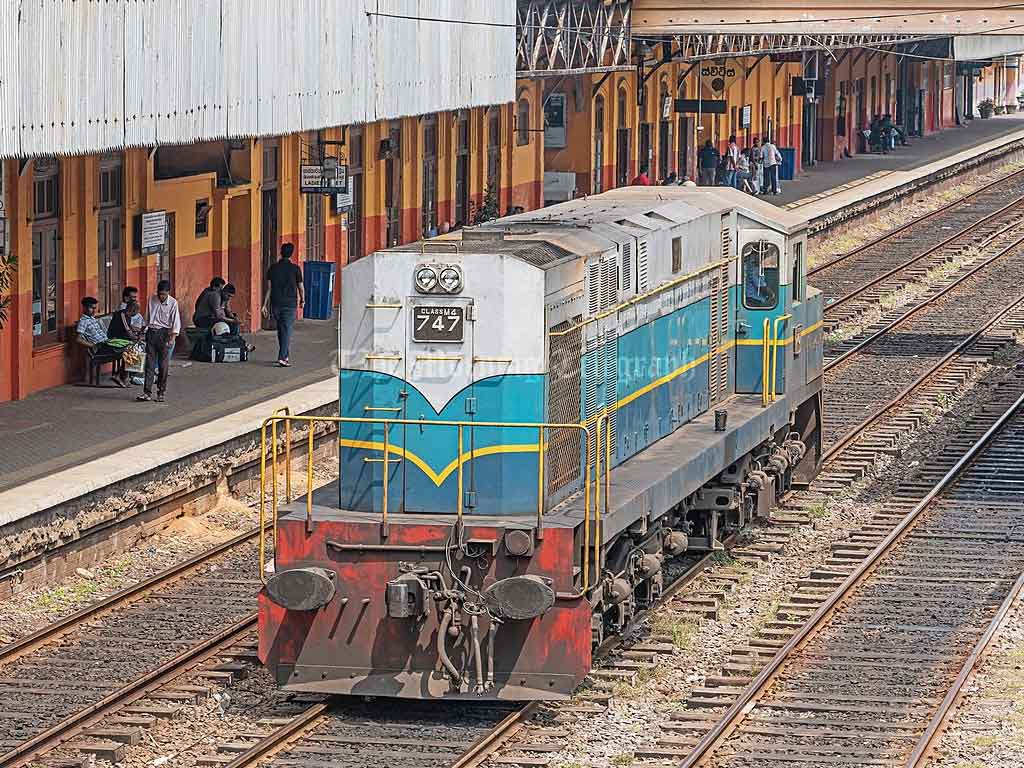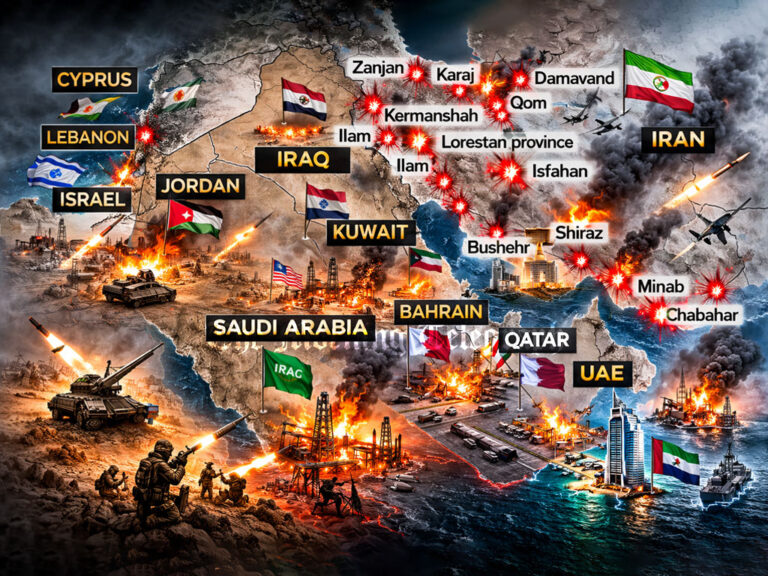
The Government of Sri Lanka has approved a proposal to accept a grant of 20 slightly used M10 locomotives from Indian Railways, along with two additional locomotives to be used as spare parts. This decision was finalized during the Cabinet meeting held on June 11, 2024. The locomotives, offered as part of India’s support for Sri Lanka’s railway sector, aim to enhance the country’s rail transport infrastructure.
RITES, an Indian engineering consultancy and infrastructure development company, submitted an unsolicited proposal to provide maintenance services for the locomotives over a period of five years. However, the Project Committee tasked with evaluating the proposal concluded that Sri Lanka Railways possesses the expertise and capacity to handle the maintenance of these locomotives internally. The committee recommended that the Department’s staff undertake the maintenance tasks instead of outsourcing them to external agencies.
The locomotives provided by India will serve to strengthen the operational capabilities of Sri Lanka Railways, addressing pressing needs for reliable transport services. The inclusion of two additional locomotives specifically for spare parts is viewed as a strategic measure to ensure the sustainability and efficiency of maintenance operations.
Transport, Highways, Ports, and Civil Aviation Minister Nimal Siripala de Silva presented the proposal, which received Cabinet approval to proceed with signing the necessary grant agreement with India. The agreement not only facilitates the transfer of the locomotives but also underscores India’s continued commitment to supporting Sri Lanka during a challenging period for the island nation’s economy.
This development is expected to improve rail services across the country, reducing delays and boosting efficiency. It is also a step forward in strengthening ties between India and Sri Lanka through cooperative infrastructure projects. The locomotives, while used, are anticipated to significantly contribute to Sri Lanka’s transportation sector, reducing the dependency on costly imports and external maintenance contracts.




